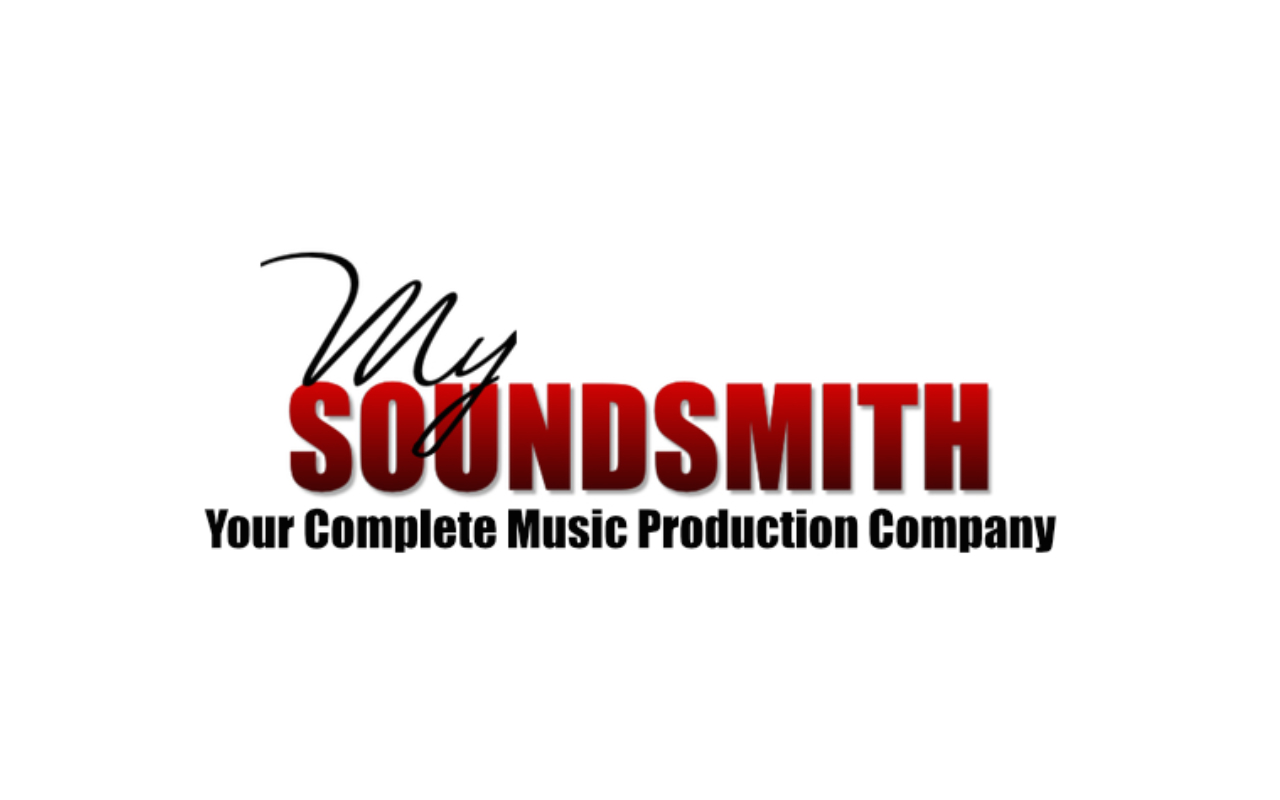I have produced countless albums and music projects since starting my music production company in 1984. Through the years I have worked with all kinds of music and musicians and I know from experience that pre-production meetings are important. In fact, I actually offer free pre-production sessions with potential music clients so that we can answer important questions regarding their music project goals and the steps and cost required to achieve those goals.
So what is pre-production? It’s the decisions you make about your music production before you start spending time and money to produce your music. Proper planning can save you from countless costly mistakes and re-takes and fights between musicians and lousy studio results. Here are a few questions that should be asked and answered in a pre-production meeting:
- What is the ultimate goal of my music production? Are you recording an album for your fans? Are you creating songs to sell to other artists? Are you going for Radio airplay? (Radio might need shorter songs as opposed to long solos to wow your fans.) Are you releasing a worship album with six minute songs that fade into one another? These will help us know how to “package” your songs, and configure your studio recording scheme for the best results.
- How many songs do you want to record? I have had people call to book
four hours hoping to record their eight-song CD project all with multiple guitar lines and vocal backgrounds. I’m sure glad I suggested a pre-production meeting to them! Budgeting time per song depends greatly on the instrumentation and the skills of your musicians. My Soundsmith creates music backing tracks for soloists that have melodies and lyrics but no band, and we also record bands so what you will need will depend on your specific project and your budget.
- Are the arrangements well thought out on your songs? I recommend doing a rough recording of yourself/your band prior to coming into a studio environment. It doesn’t have to be great. You can even record it to your phone or home computer. The point of the rough recording is to give you an objectivity in considering which songs to record and how and who to use to record them. A band member might think in the heat of the moment that screaming along with the lead singer in the bridge is a great idea, but when you hear your rough demo, he might change his mind.
Knowing how many parts your musicians will play and how many verses and choruses will help you use your time wisely.
Time well spent is an investment. Wasted time in the studio is costly. Making decisions prior to your studio session will keep you on schedule. Don’t be afraid to ask for production assistance. In my studio, my production expertise is part of the studio hourly package, as is my engineering expertise and my music technology expertise. You don’t have to use my expertise, but I offer it free, and chances are that I have done more music projects than you. Let your producer give you the best he can offer.
